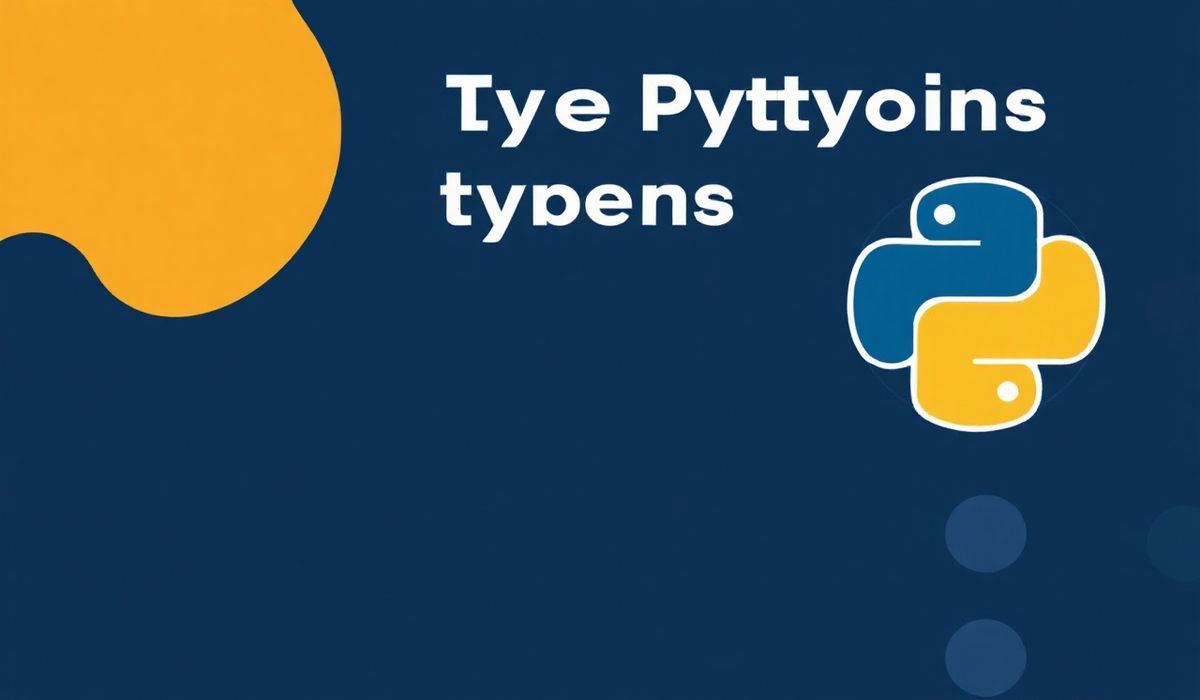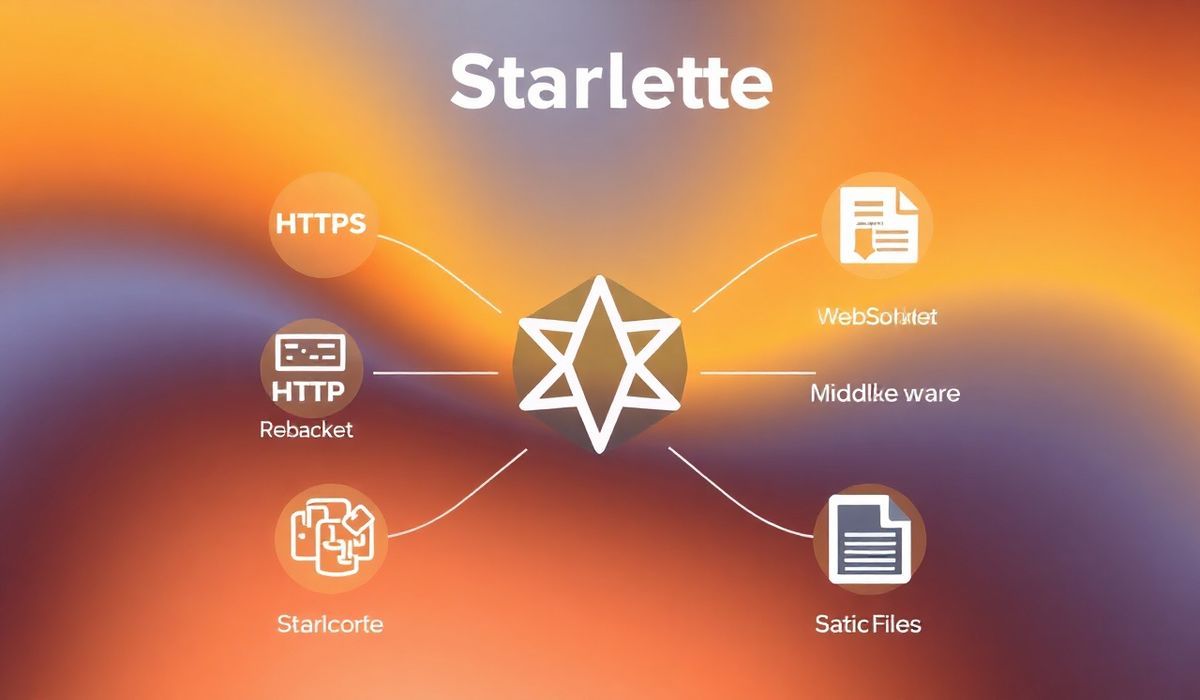Introduction to Koa-JWT
Koa-JWT is a middleware for Koa, a popular Node.js framework, that enables JSON Web Token (JWT) authentication.
It helps secure your application by verifying incoming requests carrying JWT tokens.
Key Features of Koa-JWT
- Easy to use JWT authentication middleware
- Supports token validation and error handling
- Flexible and configurable
APIs and Usage
Basic Example
const Koa = require('koa');
const jwt = require('koa-jwt');
const app = new Koa();
// secret key for signing the token
const secret = 'my_secret_key';
// middleware to protect routes
app.use(jwt({ secret }));
app.use(ctx => {
if (ctx.state.user) {
ctx.body = 'Protected content';
} else {
ctx.body = 'Unprotected content';
}
});
app.listen(3000);
console.log('Server running on http://localhost:3000');
Custom Token Retrieval Function
app.use(jwt({
secret: 'your_secret_key',
getToken: (ctx) => {
if (ctx.header.authorization && ctx.header.authorization.split(' ')[0] === 'Bearer') {
return ctx.header.authorization.split(' ')[1];
}
return null;
}
}));
Debugging and Error Handling
app.use(jwt({ secret }).unless({ path: [/^\/public/] }));
app.use(async (ctx, next) => {
try {
await next();
} catch (err) {
if (err.status === 401) {
ctx.status = 401;
ctx.body = 'Protected resource, use Authorization header to get access\n';
} else {
throw err;
}
}
});
Handling Token Expiration
const token = jwt.sign(
{ id: user.id },
'your_secret_key',
{ expiresIn: '1h' }
);
app.use(jwt({
secret: 'your_secret_key',
isRevoked: async (ctx, decodedToken) => {
const isTokenExpired = decodedToken.exp * 1000 < Date.now();
return isTokenExpired;
}
}));
Example Application
const Koa = require('koa');
const jwt = require('koa-jwt');
const bodyParser = require('koa-bodyparser');
const app = new Koa();
const secret = 'your_secret_key';
// Middleware for token generation
app.use(bodyParser());
app.use(async (ctx, next) => {
if (ctx.url.match(/^\/token/)) {
const tokenData = {
username: 'testuser'
};
const token = jwt.sign(tokenData, secret, { expiresIn: '1h' });
ctx.body = { token: token };
} else {
await next();
}
});
app.use(jwt({ secret }));
app.use(ctx => {
if (ctx.state.user) {
ctx.body = 'Protected content for ' + ctx.state.user.username;
} else {
ctx.body = 'Unprotected content';
}
});
app.listen(3000);
console.log('Server running on http://localhost:3000');
Understanding and implementing Koa-JWT can greatly enhance the security of your Koa based applications, and with the above examples, you should be able to get started quickly.
Hash: 77a64ab2dea833701190f94ae75e32ced316521b17c48e127b03ecdff16a3b98




